 The following was written by Rabbi Yaakov Bender Shlita, Rosh Yeshiva of Darchei Torah in Far Rockaway, following the tragedy that struck the community this past Friday:
The following was written by Rabbi Yaakov Bender Shlita, Rosh Yeshiva of Darchei Torah in Far Rockaway, following the tragedy that struck the community this past Friday:
It was a very difficult day yesterday. And that is putting it mildly. It has been a very hard four days. But as difficult as it has been for all of us, it is nowhere near the pain of the Tepfer mishpocho. In these very challenging days, we need to think about how best to be “nosei b’ol” – feel the pain of others.
When paying a shiva call, you are going there to help ameliorate the family’s pain. It is not important how a person passed away. It is also not important how old they were, how sick they were, how long they were ill, and whether they suffered. What is important is whatever is important to the family. What is important also, Chazal tell us, is to speak about the achievements of the niftar/nifteres. I have had no problem saying to an aveil: ‘Tell me about your mother’ or ‘Tell me about your father.’ If you are not sure about saying something, don’t say it. Try to bring the level of conversation to a higher plane. Chazal also tell us that the aveil should open the conversation. But sometimes, they are in too much pain to speak. If you react by just sitting quietly it can be best, even though the quiet can be deafening. When you feel you must speak, say something nice about the niftar, if you can. Try to focus on their spiritual accomplishments, or the history, dynamics and events of the family. You will be surprised how easy it is to get into a conversation like that. Stay away from questions that can bring up hurt.
My father once told me that when his rebbe, Rav Shlomo Heiman was very ill, he was one of the talmidim chosen to do shifts with his rebbe in the hospital. On one of my father’s shifts Rav Moshe Feinstein came to pay Rav Shlomo a visit. The doctor had given my father very strong instructions that no one should disturb his rebbe. My father did not know what to do. After all, the gadol hador, Rav Moshe, just walked in. The doctors’ instructions won out, and my father meekly and deferentially told Rav Moshe that Rav Shlomo cannot have any visitors. Rav Moshe took a Tehillim, stood by the door, and said some Tehillim. “Please tell the choleh that I was here to visit,” and then he added, “Bikur Cholim does not mean visiting. Bikur Cholim means doing what’s best for the choleh. If it is best for the choleh to leave, I was mekayem the mitzvah of Bikur Cholim by leaving.”
I think the same holds true by nichum aveilim. Ringing the doorbell at 11:30 at night because YOU have to pay a shiva call, is incorrect. And if there is no other time for you to come, call the aveil AFTER the week of shiva and explain why you couldn’t be there. Agav, another thought: unless you absolutely must call, because you are from out-of-town, you are making it very difficult for the aveil when you call during the ‘prime time’ of visiting. It is not fair to the aveil or to the people paying the shiva call to have the aveil answer the phone to talk to you – even if you are in Eretz Yisroel.
After a tragedy of this magnitude we must feel the pain of those in pain, but keep our emunah strong and to not let ourselves get depressed. It is important and essential to walk away from a levaya or a shiva and internalize the message. How can I further elevate the neshama of the niftar? One way is to accept upon oneself new ideas to improve, to perhaps find a special middah of the niftar to emulate. I think in our case, though I knew Aaron well, I came away from the levaya astounded by Aaron’s caring for others. The story that his father related, how at a very close baseball game, Aaron gave up his pitching position to a much lower-caliber friend/player, because that boy wanted to pitch, was incredible. He knew full well that his team may lose the game now, but the wellbeing of his not-so-talented friend was uppermost in his mind. This was his general derech in life: always worrying about the underprivileged. And he went out of his way to make these children feel happy, oftentimes at his own expense.
You know, we just began yeshiva. I know it’s very important to get our child into the perceived ‘best” rebbe’s and teacher’s class, with the most popular boys from your neighborhood. But is it important to insist that certain children NOT be in your son’s class? I don’t think that’s fair. Put yourself in the position of that other child: is it fair to you/him? Perhaps if you would invite the young man into your house and teach him not to be bossy or the center of attention all the time, you would accomplish so much more. You might even find out that there are issues in this young man’s home that you never knew about and that you can perhaps help with.
Aaron Tepfer O”H grew up in a home surrounded by parents and siblings who are forever worrying about others. Aaron did not grow up in a vacuum. Such sterling middos cannot develop except where a child is surrounded by them. Can we all make an attempt to leave the pettiness behind and take this terrible tragedy and do something positive with it? That would be the most wonderful thing we can do for Aaron’s family and for Aaron’s neshama.
May the neshama of Aaron Sholom ben Naftoli Hertz Yisroel, be a blessing for all of Klal Yisroel and may we be reunited with him with the coming of Moshiach very soon.
A Ksiva V’chasima Tova to one and all.
(Posted with permission from Rabbi Bender)


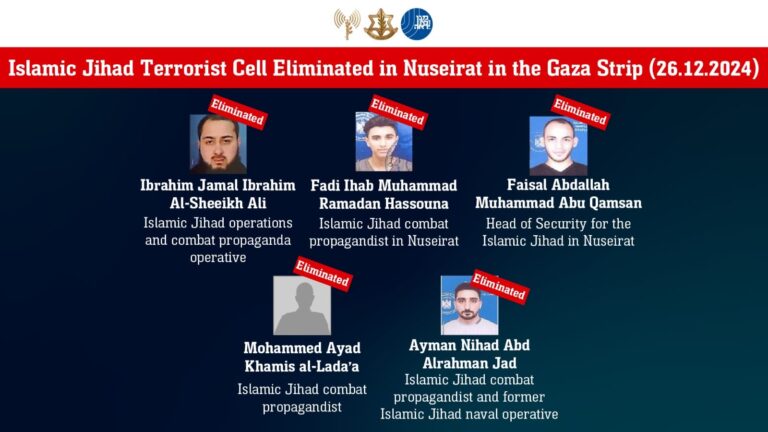


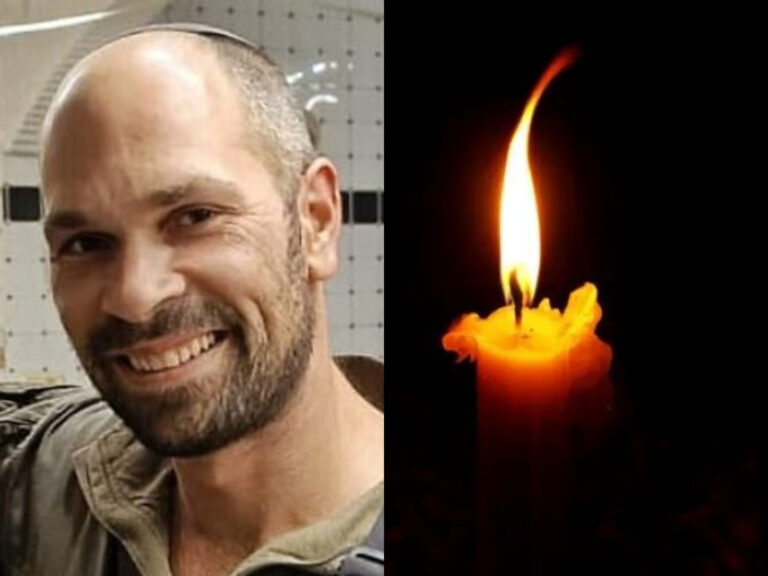

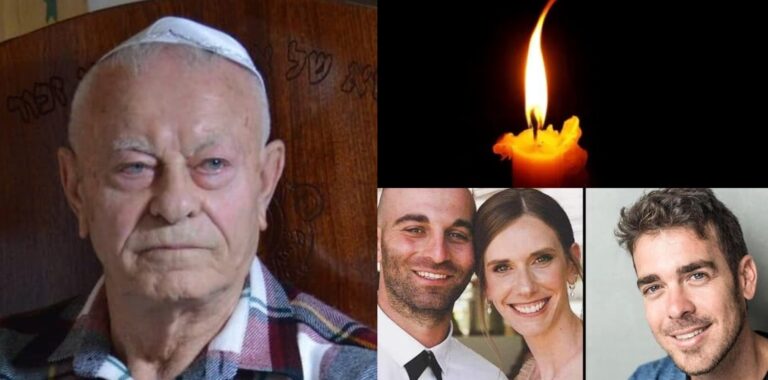

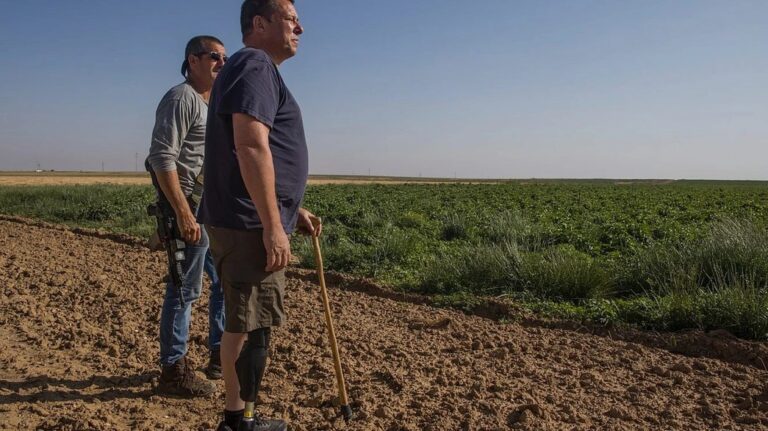
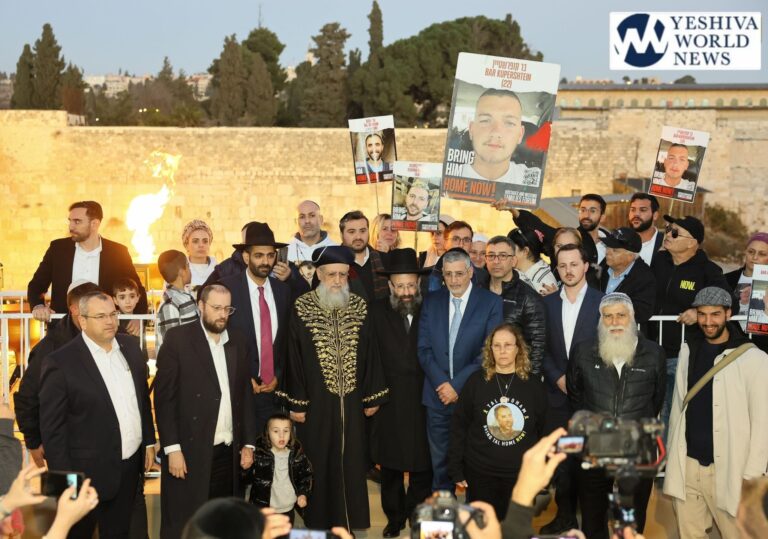
5 Responses
when i was sitting shiva for a younger brother a”h (who was a non-smoker, but was niftar from yener machala), someone came to be menachem oveil, and asked probably the dumbest question i’ve ever heard in such a scenario. He asked, “Did he smoke?”.
Now, let’s say the niftar was a smoker, and that lead to his early death, how would i have felt upon hearing such a question?
Thank you Rabbi Bender shlita for addressing this issue, which is a real problem among people.
Besoros tovos
Thanks Rabbi Bender
now לע”נ
איך נפלו הגבורים
הזמן הוא לפני ראש השנה – בואו נכנס כולנו , כל אחד, או…. לראש ישיבה שלו, לרבי שלו , לאדמו”ר שלו, לחכם שלו, למשפיע שלו, למדריך שלו, לרב שלו, או לאיגרות, או לאומן, ונכתוב קויטל ונבקש מהקב”ה שנינצל מלשון הרע , וממחשבות רעות, ומחבר רע, ומכל פגע רע דוגמת תקשורת קלוקלת , ונזכה לעבוד את השם מתוך טהרת הלב , והאדמו”ר שלנו יקח את היד שלנו ויברך אותנו בברכת שנה טובה , וישפיע עלינו מן השמים עוז וגבורה ללחום מלחמת היצר ולגבור כנגד המסטינים , ונוכל לדבוק בהשם אחד , ולזכות בשנה טובה ומתוקה. הלואי שהשם יתברך שמו יחזיר אותנו לתשובה אמיתית במהרה בימינו
Very good advice for any shivah situation which for some reason seems to elicit some of the dumbest question and commentaries yidden are capable of offering. You don’t inquire as to the lifestyle habits of the niftar, whether the parents were somehow negligent in monitoring the child or other questions which appeal to purient interests.
The proof is in the pudding as to why Reb Yankel Bender is NUMERO UNO in chinuch!!
Baruch Dayan Haemes. Silence is better than speaking. Rather to be thought a fool, than to open ones mouth, and remove all doubt.